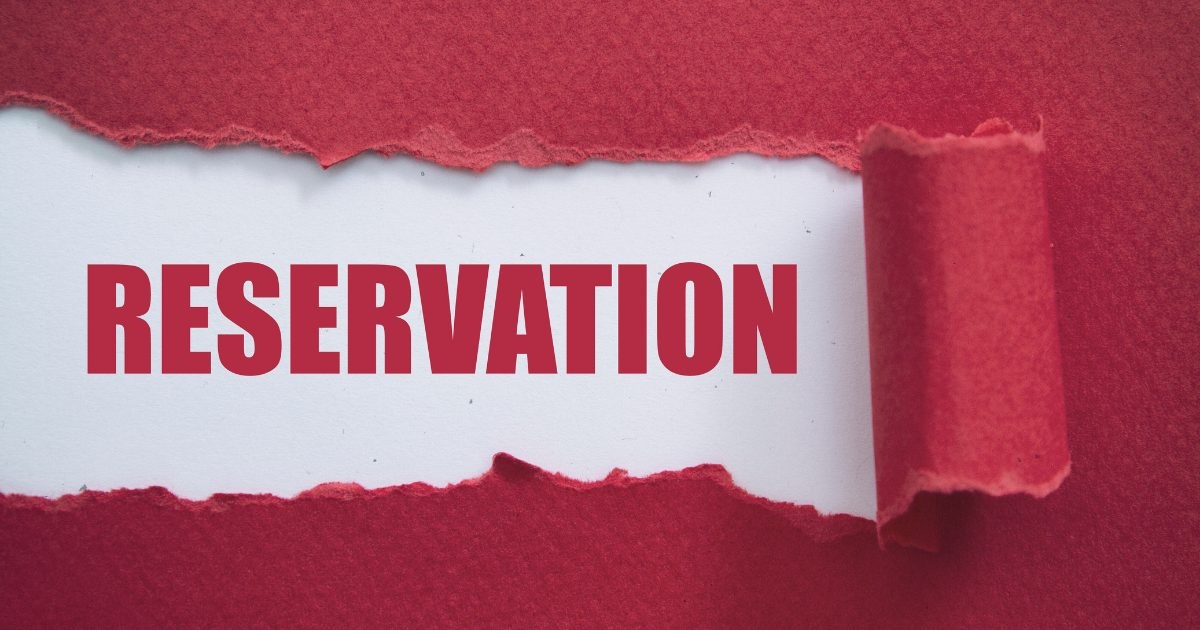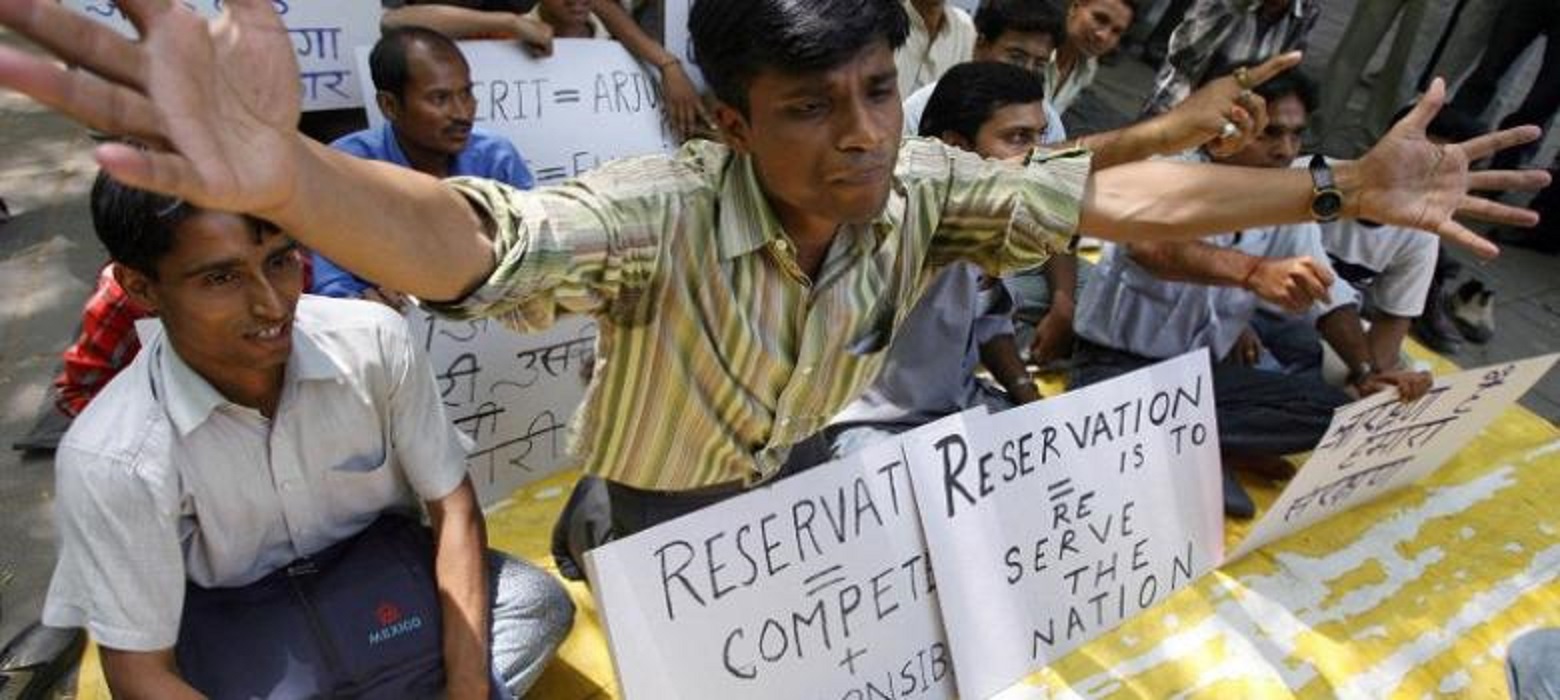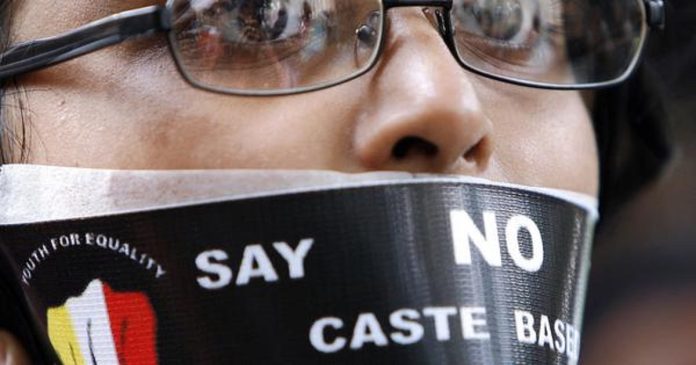- The Indian socio-economic scenario is quite complex and indiscernible for many of us who are disinclined to comprehend fully what’s happening around us. At the best of times, the Indian socio-economic milieu is so intricately woven around the labyrinthine caste conundrum that every other welfare measure introduced by successive governments is intended to benefit them. Yes, historical suppression of the lower strata of society has left behind an indelible scar on people representing the same. Thus, it’s quite natural to undertake proactive welfare measures to uplift this segment of society in line with the country’s mainstream. However, the moot point to ponder over here is whether the political class has overstretched itself in still clinging to this vexed issue despite altered equations vis-à-vis overall improvement in the living standards.

PC: VajiRam & Ravi
- Notably, the clamoring for quotas and reservations even from the not-so-disadvantaged castes around the country only signifies there is less unemployment and job opportunities despite the government of the day claiming the country is on high growth. The asymmetry of the growth witnessed in the country showcases why some of the prominent castes are hitting the streets demanding quotas and reservations even now. Of course, the political class never misses an opportunity to impress upon and build the vote banks. No wonder then the Congress in its 2024 election manifesto has promised a constitutional amendment to push aside the 50% ceiling on collective reservation for SCs, STs, and OBCs. What else can one expect from the politicians?
- Such a position all major political parties subscribe to even if it’s articulated differently. Often, it’s presented as a social justice measure even though recent reservation agitations have their roots in India’s jobs crisis. Needless to mention, reservations are not just the wrong response to this crisis, but they also run the risk of triggering unintended consequences. In Feb, Maharashtra passed a law to provide a standalone 10% quota for Marathas, taking the state’s overall reservation to 72%. For a decade, political parties have repeatedly tried to introduce a Maratha quota even after each attempt has run into a judicial roadblock. Mind you, more reservations cannot solve these problems because Marathas already get benefits under the EWS quota.

PC: Scroll.in
- A survey from a prominent newspaper showed that Maratha students got more than 75% of EWS seats in the state’s common entrance test in both 2022 and 2023. Even relatively well-placed social groups such as Jats are now seeking reservations in some states. Yes, all these movements are a symptom of an underlying economic failure. Since the 1980s, India’s economy has grown at a brisk pace by global standards. Yet four straight decades of good growth have not done enough to bring about the most important structural change, which is to move most of the workforce out of agriculture into manufacturing and services. The solution lies in reforms that quicken the labor movement out of agriculture, not further slicing and dicing of social groups.






